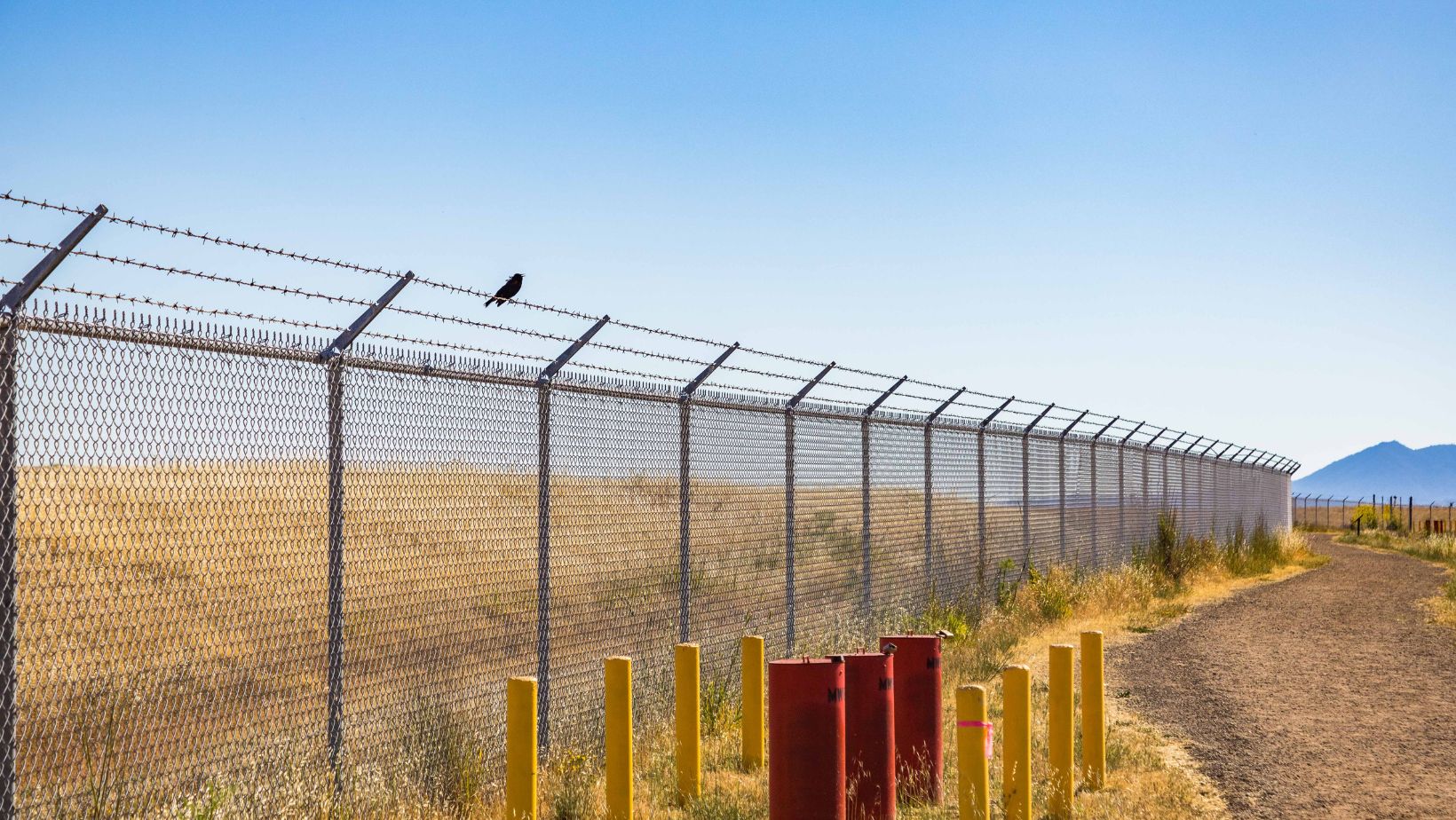Every entrepreneur knows that safeguarding assets is more than locking doors. A sturdy perimeter fence does more than mark your property lines. It shields your investments, your employees, and your reputation. In today’s world, business risks come in many forms, like theft, vandalism, and lawsuits, and they all eat into your bottom line. A strong fence is a simple but powerful line of defense. Let’s dive into key ways it keeps your business safe.
1. Deters Theft and Vandalism
A visible barrier discourages potential intruders. Thieves look for easy targets, and a fence sends a clear signal that entry won’t be simple. Tall metal slats, anti-climb spikes, and even a locked gate can stop opportunists in their tracks. Studies show that properties with robust perimeter fencing see fewer break-ins.
Your surveillance cameras and alarms are more effective when paired with a fence. Together, they create layers of protection that thieves must overcome, and each extra layer makes them think twice. Visit this website for the best commercial fences.
2. Defines Property Boundaries
Clear property lines prevent costly disputes. Neighbors sometimes claim your land by accident or on purpose, but a fence helps to eliminate confusion. When boundary lines are well-marked, you avoid trespassing claims. You also simplify maintenance schedules for mowing, snow removal, and landscaping.

3. Enhances Safety and Limits Liability
A fence isn’t just about keeping threats out; it also keeps hazards in. If your site stores heavy machinery or stocks dangerous materials, a fence prevents unauthorized access. Curious pedestrians or children can’t wander into harm’s way. This reduces your liability for accidents. In addition, insurance companies reward businesses that prove they have taken safety measures, and lower liability risks can translate into lower premiums.
4. Boosts Privacy and Protects Sensitive Data
Not every business needs high walls, but even low-rise offices contain confidential information. A fence keeps prying eyes at bay. Passersby can’t peek into loading docks, parking lots, or dumpster areas. That matters if you handle client data, prototypes, or valuable inventory.
Privacy fencing also shields security cameras, making them less obvious targets for tampering. In industries bound by strict regulations such as healthcare, finance, and tech, this extra layer of discretion can be critical for compliance.
5. Controls Access Points
Open properties invite trouble. A fence channels everyone through designated entry points. You decide where visitors arrive, where deliveries unload, and where employees park. This centralization makes it easier to screen vehicles, verify credentials, and log entries. Automated gates can integrate with keycards or license-plate readers. You also get real-time data on who’s on site and when. In an emergency, you know exactly how people entered, and you can lock down the facility instantly.
6. Signals Professionalism and Strengthens Brand Image
First impressions matter. A well-designed fence projects stability and care. Customers, partners, and investors pay attention to detail, and they value businesses that invest in long-term security.

Endnote
A strong perimeter fence is more than an expense. It’s an investment in security, liability reduction, and brand reputation. By deterring crime, defining boundaries, enhancing safety, preserving privacy, controlling access, and signaling professionalism, a fence pays for itself.
Talk with a fencing specialist to explore options that fit your budget and needs. In the end, protecting your business assets starts at the fence line, and that first line of defense can make all the difference.


More Stories
3 Ways On-Demand Logistics Technology Is Reshaping the Speed Economy
Three Steps to Implement Objectives and Key Results in Your Business
The Startup Shortcut Smart Founders Are Taking to Beat the Big Guys